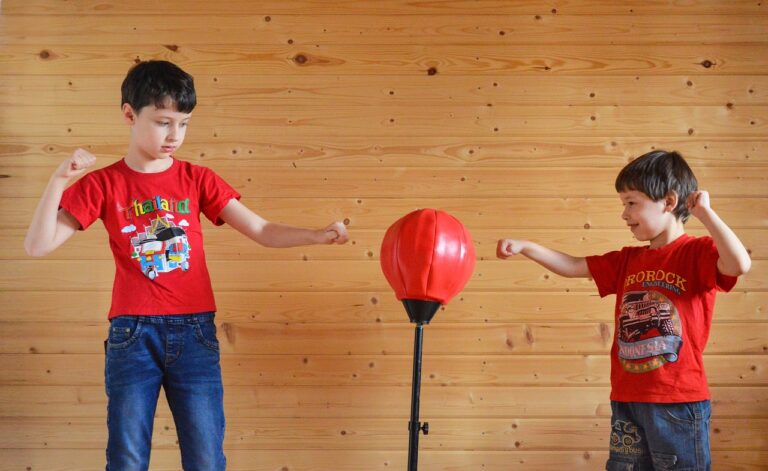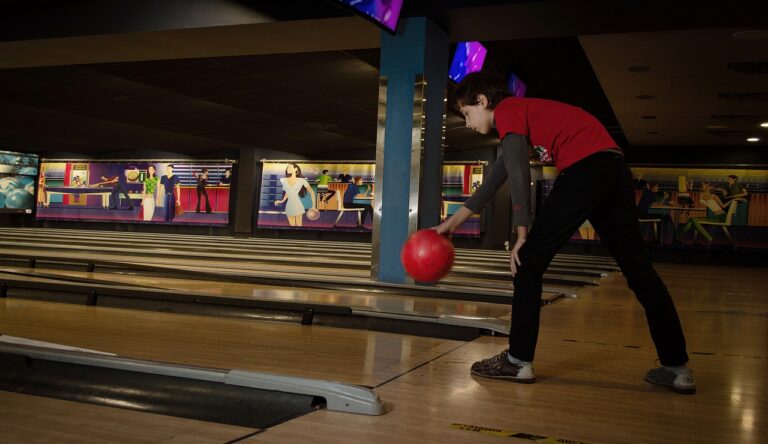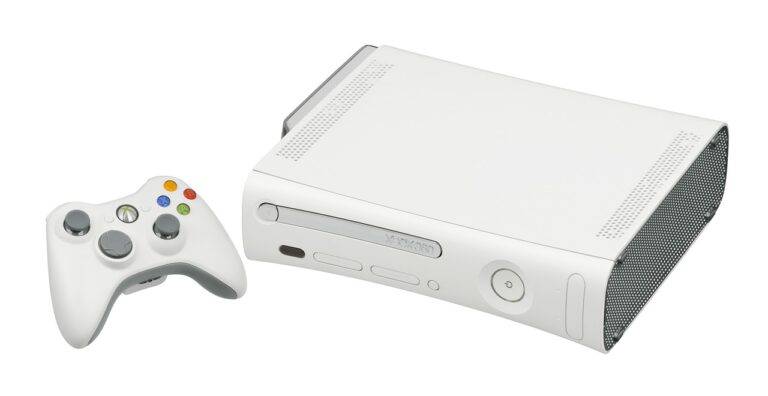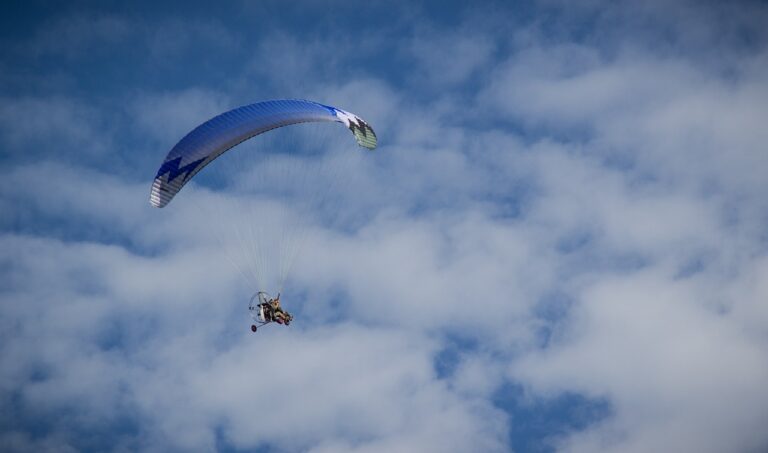Sound Editing in Tai Chi and Qigong Sessions: Cultivating Vitality: Betbook250, Anna 247 login, Yolo247 login app
betbook250, anna 247 login, yolo247 login app: Sound editing in Tai Chi and Qigong sessions can play a crucial role in cultivating vitality and enhancing the overall experience for practitioners. The soundscape created during these sessions can help to create a harmonious and focused environment that supports deep relaxation, mindfulness, and energy cultivation. In this article, we will explore the importance of sound editing in Tai Chi and Qigong sessions, and how it can contribute to the overall effectiveness of these practices.
The Power of Sound in Tai Chi and Qigong
Sound has been used for centuries as a healing modality in various cultures around the world. In Tai Chi and Qigong practices, sound is considered a powerful tool for tapping into the body’s natural energy flow and promoting balance and harmony. The gentle, flowing movements of Tai Chi and the slow, deliberate postures of Qigong are enhanced by the use of soothing sounds that help to guide practitioners into a state of deep relaxation and mindfulness.
The Role of Sound Editing in Tai Chi and Qigong Sessions
Sound editing in Tai Chi and Qigong sessions involves carefully selecting and arranging sounds to create a cohesive and immersive experience for practitioners. These sounds can include ambient nature sounds, traditional Chinese music, or even specific sound frequencies that are believed to stimulate energy flow in the body. By curating a soundscape that complements the movements and intentions of the practice, sound editing can help to deepen the practitioner’s connection to their breath, movement, and energy.
Benefits of Sound Editing in Tai Chi and Qigong Sessions
Sound editing can offer a range of benefits for practitioners of Tai Chi and Qigong. By creating a serene and calming environment, sound editing can help to reduce stress and anxiety, improve focus and concentration, and enhance the overall sense of well-being. Additionally, certain sounds and frequencies used in sound editing may have specific healing properties that can support the body’s natural healing processes and promote vitality and longevity.
How to Incorporate Sound Editing into your Practice
If you are interested in incorporating sound editing into your Tai Chi or Qigong practice, there are a few key things to consider. First, explore different types of sounds and music that resonate with you and enhance your practice. Experiment with different soundscapes to find what works best for you and supports your intention for the session. You can also explore sound healing techniques such as Tibetan singing bowls, tuning forks, or binaural beats to enhance the energetic effects of your practice.
FAQs
Q: Can any type of music or sound be used in Tai Chi and Qigong sessions?
A: While there is no one-size-fits-all answer to this question, it is generally recommended to choose sounds that are calming, soothing, and align with the intentions of the practice. Traditional Chinese music, ambient nature sounds, and specific sound frequencies are commonly used in Tai Chi and Qigong sessions.
Q: How can sound editing help to cultivate vitality in Tai Chi and Qigong practices?
A: Sound editing can help to create a focused and harmonious environment that supports deep relaxation, mindfulness, and energy cultivation. By enhancing the overall experience of the practice, sound editing can help practitioners to tap into their body’s natural energy flow and promote vitality and well-being.
In conclusion, sound editing in Tai Chi and Qigong sessions can be a powerful tool for cultivating vitality and enhancing the overall effectiveness of these ancient practices. By curating a soundscape that supports deep relaxation, mindfulness, and energy cultivation, practitioners can experience a deeper connection to their practice and tap into the healing power of sound. Experiment with different sounds and music to find what works best for you, and enjoy the benefits of incorporating sound editing into your Tai Chi and Qigong sessions.







